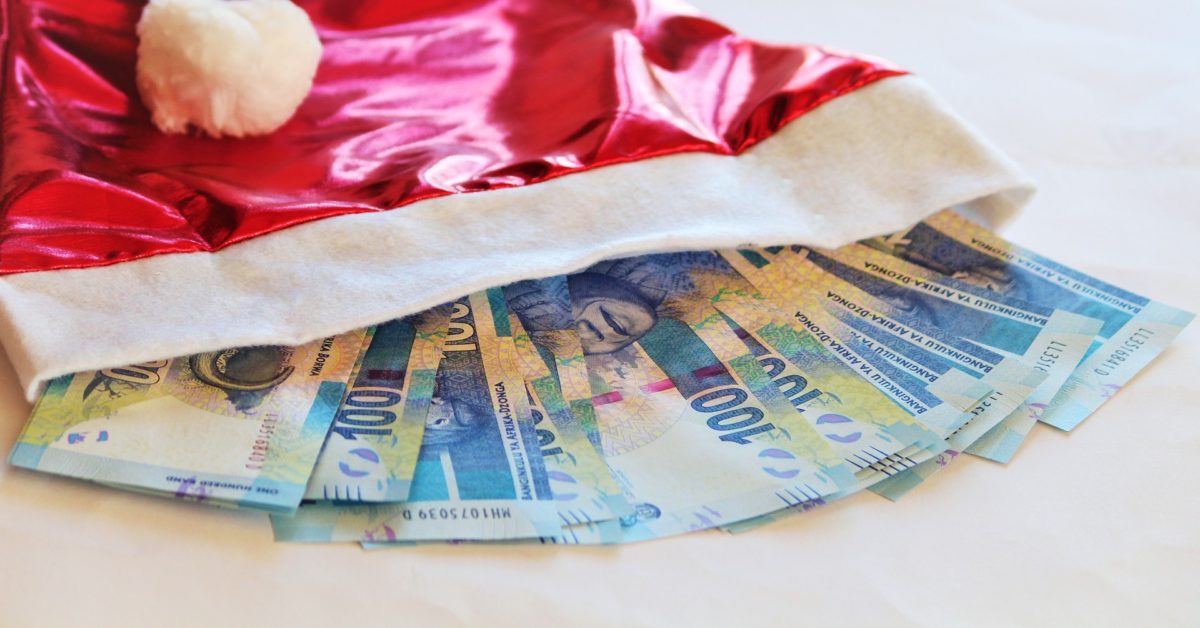A heart-warming tool of the colonial zeitgeist

Though Christmas has connections to Pagan traditions, it is fundamentally a Christian holiday. The date, December 25, celebrates the birth of Jesus Christ, but there is little consensus on why this date was chosen. Also, according to livescience.com, the truth is that “the Church was slow to embrace Christmas.” However, despite the religious roots of the holiday, most North American people celebrate Christmas and many don’t see it as a Christian tradition.
Many things in the Christian faith are done in the name of Jesus. Christmas is one example, as are trips to church, and service to the community. However, not everything that has been done in Jesus’s name can be considered positive. Many holy wars have been waged throughout the ages, and in Canada, service in the name of Jesus was used as an excuse by colonial settlers to perpetrate genocide against Indigenous peoples. Residential schools were church-run institutions and they are responsible for some of the most horrific atrocities in Canadian history. These actions were performed in the name of the Christian God, and Jesus — the religious figure for whom Christmas is celebrated.
These days, almost everyone, not only Christians, celebrates Christmas. It is generally accepted by most people, even some who are of other religions or nationalities, as a cultural norm for North Americans. In fact, those who can celebrate, but don’t, are considered strange by many. This is especially true if the non-celebrating person’s family celebrates the holiday traditionally. But what effect on society does this norm have?
Throughout the last 20 years, Canada has made an effort to increase the visibility of some other religions and spiritualities. Like many students, I was taught about a few of the different religious holidays in elementary school. At UVic, several advocacy groups push for the visibility of marginalized faiths and holidays. Many different traditions have recently been acknowledged and defended in order to attain a sense of equality in society. Some amount of change has happened.
However, several other cultures remain invisible. In Victoria, the “Christmas season” starts halfway through November and (through sales such as Boxing Week) continues well into January. Throughout that period, I’ve never seen Indigenous holidays represented in Victoria. If even 25 per cent of the never-ending barrage of advertisement in December was in the name of traditional Indigenous holidays, Canadian society might finally begin to seem as though it were making some effort toward reparations for colonial genocide. It would be a revival of culture, a gesture of respect to the people whose land we reside on. Instead, businesses spend hundreds of thousands of dollars to decorate the downtown core with lights. There are Christmas parades and advertisements for the holiday, such as the Christmas music that constantly fills citizens’ heads. It’s no wonder there’s no room for other cultures to gain visibility. Christmas is a blaring horn that echoes into the starry night for 60 days of the year. It is also an idealized structure of a capitalist society. It is a ginger-spiced, heart-warming, charmingly manipulative tool of the colonial zeitgeist.
Despite the changes that we’ve attempted to make over the years, cultural equality and Indigenous reparations are clearly not a priority in Canadian society. Instead, the priority seems to be maintaining the status quo. Christian ideology is still mainstream. All other cultures, religions, and holidays seem to be used as nothing more than trinkets society hangs on the colonial tree to make it look good so that no one will notice that the tree is rotten to the roots.
Does this mean I hate Christmas? No. However, I do recognize that it has become a product of laser-targeted advertising made to capitalize on nostalgia and the idealistic sense that Christmas is a time of peace and goodwill. Companies, and the cities over which they watch, make billions of dollars off our misguided attempts to keep the spirit of Christmas alive by emptying our wallets. As a result, each citizen is a little poorer, the fat cats are a little richer, and colonialism maintains its foothold.
Don’t get me wrong: there are many other ways in which colonialism rears its ugly head. But Christmas is one of the most widely beloved means of colonial dominance. I, for one, am ready to create space for other traditions and values. It may be time to stop putting so much stock into a holiday that, in this modern age, is little more than a corporate shill for society to buy into.






